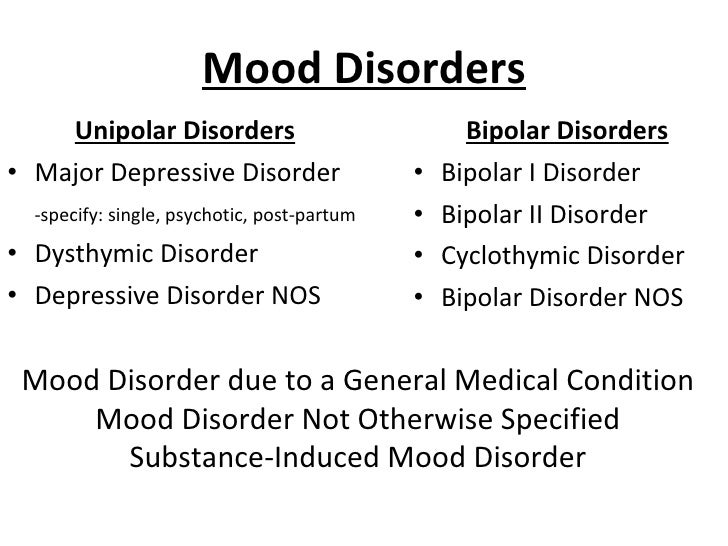Difference between unipolar and bipolar depression or mood disorders : There are two types of mood disorders: Unipolar Depression and Bipolar Disorder. Both are considered genetic disorders and they share many symptoms. There is also a form of depression called situational depression, where a person becomes depressed due to a specific event and then goes back to a stable mood once the event and its aftermath is over. This article focuses on Unipolar Depression and Bipolar Depression. What Are the Main Differences between the Two Depressions? The biology of these disorders is different, effective treatments are different, and in some respects the symptoms are also different. Both forms of depression can be very severe and carry a risk of suicide. However, the underlying difference is that people with Bipolar Depression also experience episodes of either mania or hypomania. If you imagine a puzzle with a hundred pieces, depression itself would take up half...



This comment has been removed by the author.
ReplyDelete